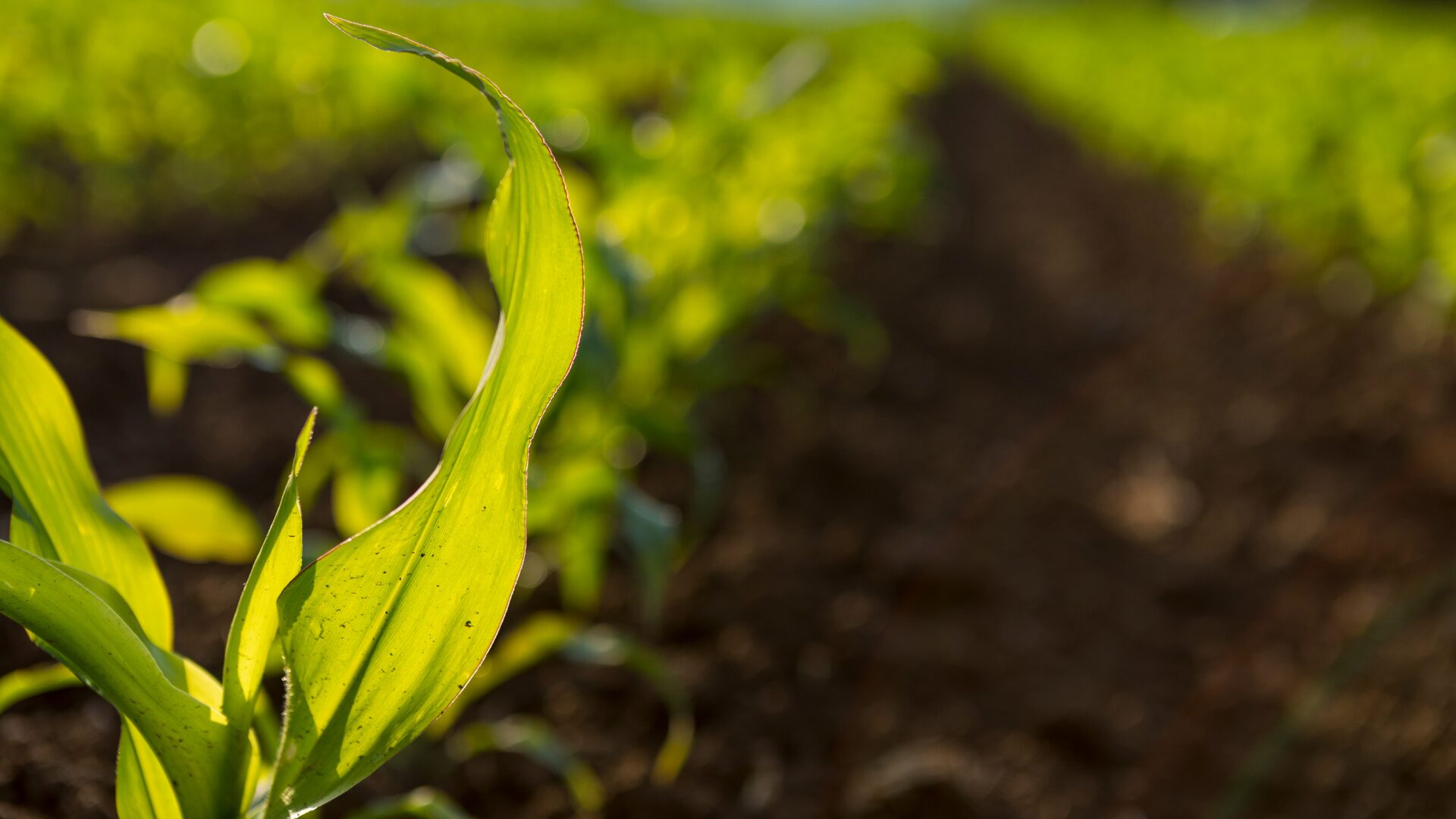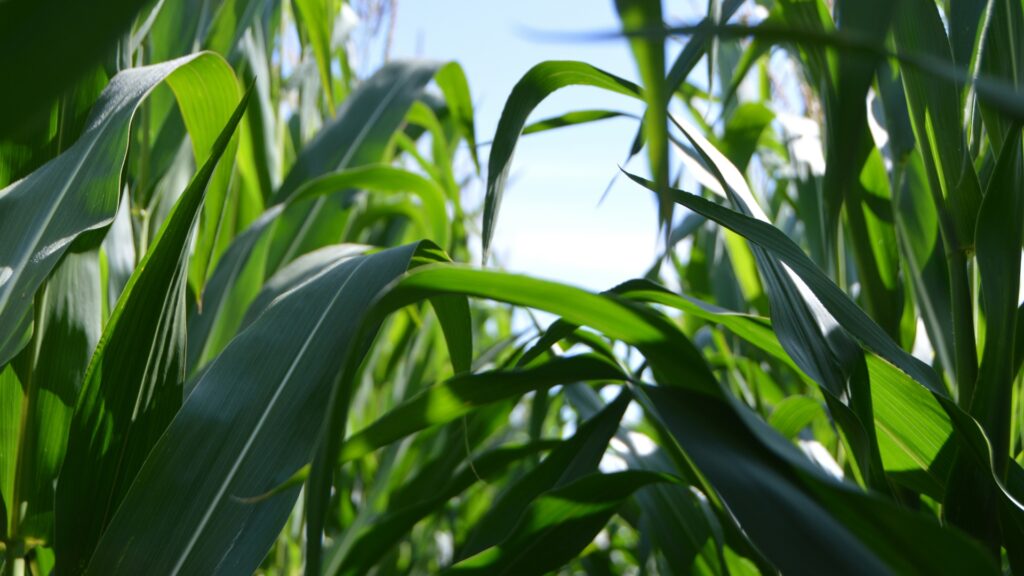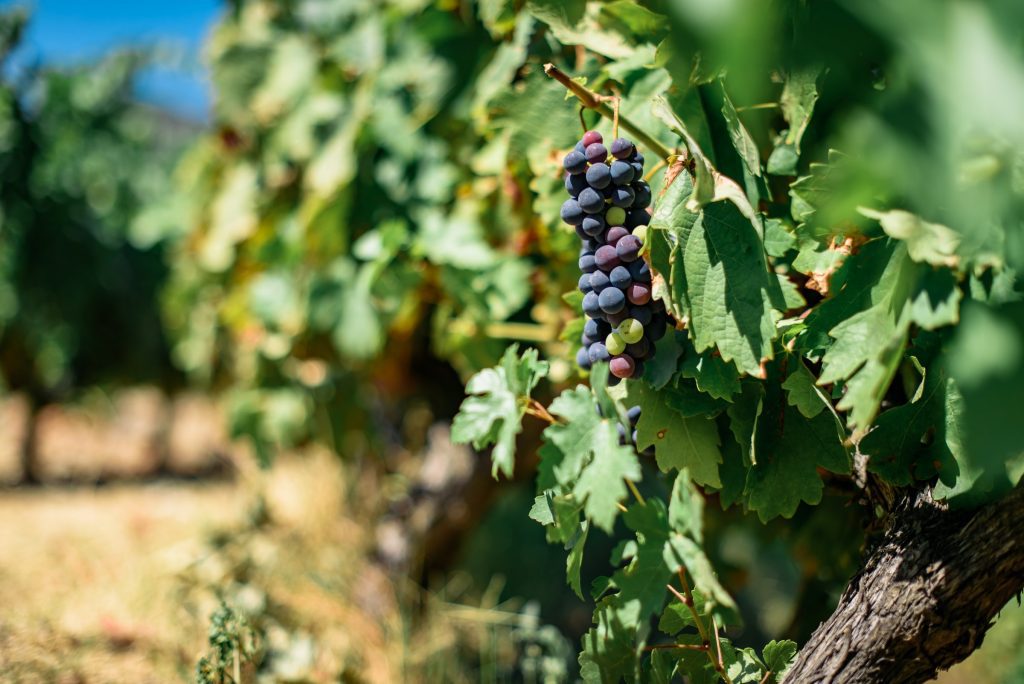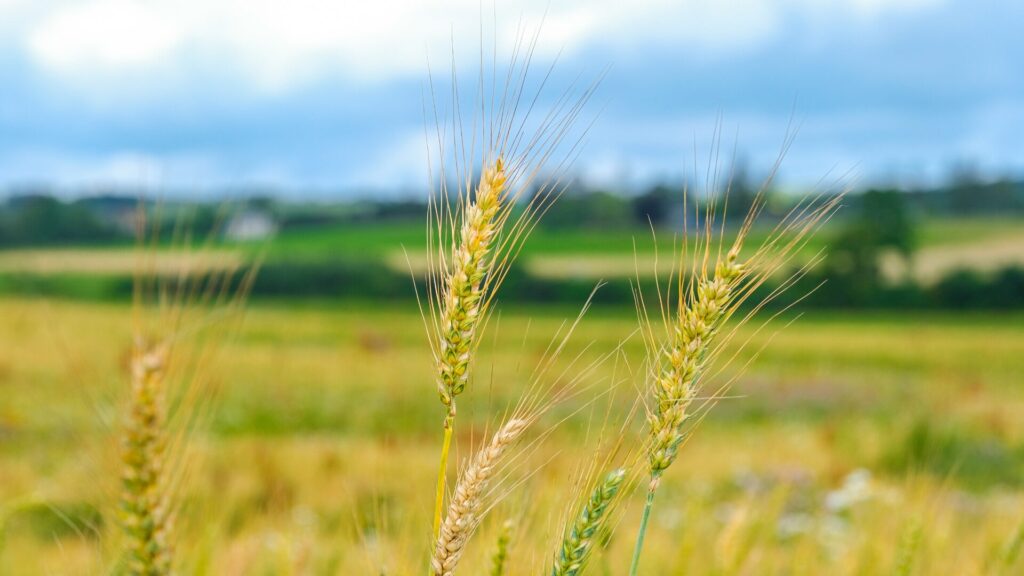21.05.2025
Industries: Agrofood
Legal Field | 01 – 15 May
European Commission announces measures to simplify the Common Agricultural Policy to support farmers and boost competitiveness
In order to simplify the Common Agricultural Policy (CAP) and strengthen the competitiveness of farmers, the European Commission presented on 14 May a vast package of measures that focus on administrative burdens, controls, implementation, crisis response and the sector’s investment needs.
According to the Commission, the changes could lead to annual savings of up to 1.58 billion euros for farmers and 210 million euros for national administrations, by making payments, certain requirements and crisis instruments more flexible and easier to manage. This initiative is part of a wider simplification effort, in line with the EU’s Competitiveness Compass, and supports the competitiveness, resilience and digitalisation of the agricultural sector, as well as young farmers and organic farmers in particular.
Farmers across the EU are subject to heavy administrative obligations that often don’t reflect the reality on the ground. This regulatory burden is time-consuming and generates costs for farmers and national administrations. It leads to less acceptance of the obligations and can also discourage investment.
To address these challenges, the Commission has proposed specific solutions through a set of concrete legislative changes based on operational experience and extensive feedback from stakeholders and member states.
Simplified payment scheme for small farmers
To make it more attractive, the limit for the single annual payment – i.e. a single annual payment – for small farmers will be increased from 1,250 to 2,500 euros. The aim of these payments to small farmers is to promote a more balanced distribution of support, strengthen the vitality of rural areas where small farms play a key economic role and reduce the administrative burden for both farmers and authorities. These farmers will also be exempt from certain environmental rules (cross-compliance) and will be able to benefit from payments that reward ecological farming (ecological schemes).
Simplified environmental requirements and controls
The simplification package aims to better accommodate diverse farming practices and local conditions, while reducing overlap with existing national rules.
For example, farms certified as organic will automatically be considered to fulfil some of the EU’s environmental requirements for funding.
With regard to some of the more demanding requirements, farmers will be able to benefit from incentives to protect peatlands and wetlands, as provided for in Good Agricultural and Environmental Condition 2 (GAEC 2). This support will also help them comply with national rules that go beyond EU standards, guaranteeing fair compensation for their efforts.
In order to reduce the administrative burden of controls, they will be simplified through the use of satellites and technology. In addition, a new principle will be introduced: only one on-the-spot check per year per farm.
Strengthening crisis management and simplifying procedures for national administrations
EU farmers affected by natural disasters or animal diseases will benefit from better support thanks to new crisis payments available under CAP strategic plans and more flexible and accessible risk management tools.
Member States will benefit from greater flexibility in adapting their CAP strategic plans, with prior approval from the Commission only being required for strategic changes. This will have a positive impact on farmers, who will benefit more quickly from the changes introduced.
Greater competitiveness and digitalisation
Small farmers will find it easier to obtain financial support through a new simple financing option that offers up to EUR 50,000 as a lump sum to help improve the competitiveness of their farms.
National administrations will be further incentivised to develop interoperable digital systems. Following the principle of “communicate once, use many times”, the aim is for farmers to only have to submit their data once, through a single system, saving time, reducing administrative costs and improving farm management.
The legislative proposal will be presented to the European Parliament and the Council for adoption.
Alongside changes to the main CAP rules, the Commission will propose new simplification measures later this year, including in non-agricultural areas, aimed at reducing reporting and control burdens and facilitating the take-up of the new flexibilities offered by the CAP simplification package. These measures are described in a roadmap.
Highlights from the European Parliament’s AGRI Committee
On 14 May, the European Parliament’s Committee on Agriculture and Rural Development (AGRI) debated a legislative proposal on new rules for the cross-border application of provisions on unfair commercial practices in the agricultural and food supply chain.
Last year, the European Commission proposed new rules on cross-border enforcement against unfair trading practices in the agricultural and food supply chain to complement the 2019 directive on the matter.
The AGRI rapporteur, Stefano Bonaccini (S&D, Italy), presented his draft report, which aims to strengthen the measures proposed by the Commission.
The following day, AGRI hosted a workshop on “The future of agriculture and the post-2027 common agricultural policy” (see Documents and studies).
European Commission approves French scheme worth 5 billion euros to facilitate the export of wines and spirits to the US
The European Commission has approved, under EU state aid rules, a French reinsurance scheme of 5 billion euros for export credits to the United States. The scheme will be in force from 8 May 2025 to 8 July 2025 and will allow wine and spirits exporters to export stocks to the US before the new wave of customs duties announced comes into force.
The Commission assessed the scheme in the light of EU state aid rules and concluded that:
- Due to the scarcity of export credit insurance, certain risks are temporarily non-negotiable for French exporters of wines and spirits to the US. The Commission has therefore authorised Cap Francexport to include the USA in the list of countries covered by its export credit scheme for the period from 8 May to 8 July 2025.
- The scheme is necessary, appropriate and proportionate to facilitate exports of wines and spirits from France to the US during this short period.
- The scheme has an incentive effect, since the beneficiaries would not carry out the activities in question without public support.


























